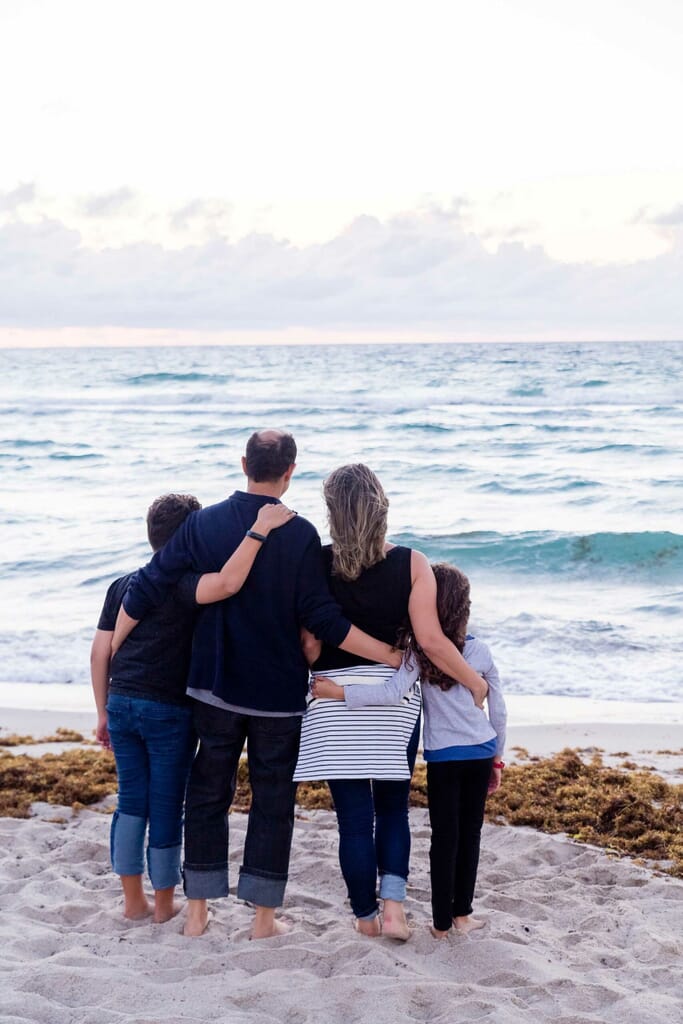
Whilst in many areas, society (and statute) has advanced to put long term cohabitees in the same position as married couples, in some areas it has not and there is no clearer example of this than on the death of a cohabitee.
Inheritance and Intestacy
The obvious place to start is with the laws of intestacy which apply when someone dies without leaving a will (intestate). The intestacy laws provide a set of rules which dictate who inherits where there is no will. These rules simply do not recognise a cohabitee, or ‘the common law spouse’ (I will use the term cohabitee)
The rules of intestacy make provision for a spouse or civil partner (which differs depending on whether or not the deceased had children) but a cohabitee gets nothing. If the deceased had children all of his or her assets pass to those children. If there are no children, assets will go to the wider family: parents, brothers/ sisters, grandparents, half-brothers/ sisters and even uncles and aunts – but not the cohabitee. In fact, the crown will inherit if there is absolutely no one else – not the cohabitee.
However long the relationship, however established the family, the unmarried cohabitee is not looked after. Their only hope is to rely upon a potentially expensive claim under the Inheritance (Provision for Family and Dependants) Act 1984 or to vary the intestacy on agreement from those who otherwise inherit (although if this includes children under the age of 18 – they cannot agree to variation). Even under the inheritance act, the entitlement which an unmarried cohabitee can claim, is less than a spouse or civil partner.
This is further enhanced by the common arrangement where couples or partners chose to own their home as tenants in common (where the survivor does not automatically take their partner’s share of the house on death but rather it passes by will (or intestacy)). This arrangement has huge advantages but, upon death of a cohabitee, the survivor does not even inherit their partner’s share of the family home.
Financial ruin might be diverted through a generous life insurance policy nominated to the survivor, but many families do not have life insurance at all or do not have enough. If the survivor’s home now in part passes to someone else, they would need sufficient insurance to buy out the person to whom the laws of intestacy gifted it. The surviving cohabitee is in a very precarious position at a time of huge emotional turmoil and distress.
The lesson to learn? If you are an unmarried couple or family, having a current and valid Will is not a luxury but a basic necessity to ensure the security of your partner in the future.
Inheritance Tax
The second area of disadvantage to the unmarried couple or family is the application of inheritance tax and estate planning. Inheritance tax will hit the unmarried family far more severely than their married counterparts. This is for two main reasons;
- The free spousal transfer/ spousal exemption for inheritance tax does not apply if you are not a spouse (or civil partner) and;
- The surviving cohabitee does not benefit from their deceased partner’s ‘nil rate band’.
In brief, inheritance tax is charged at 40% on all assets valued over the ‘nil rate band’ (NRB). Each person carries a NRB which is the amount of money/ assets which they can pass on death without attracting tax. The current NRB is set at £325,000 per person.
A spouse, however, can pass all of their assets (regardless of value) to the surviving spouse free of inheritance tax (the same applies for lifetime transfers and gifts). This is because the spouse is an ‘exempt beneficiary’. If the spouse leaves everything to their surviving spouse, they have not used up their NRB and it therefore passes to the survivor –thus doubling the amount they can leave to their non-exempt beneficiaries (most commonly children. The surviving spouse can pass assets to the value of £650,000 before inheritance tax bites.
A cohabitee is not an exempt beneficiary. This means that the cohabitee who dies first can only pass assets worth up to £325,000 to their surviving cohabitee without an inheritance tax charge. If their assets are worth more than this, the surviving cohabitee will pay inheritance tax at 40% on every penny over the limit – even if this value is in the ‘family home’. In addition, because the cohabitee was not exempt, the NRB of the first cohabitee has been used up so it does not pass to the survivor. The survivor, therefore, only has his or her own NRB to use when they die and can only pass assets to the value of £325,000 to their children before inheritance tax applies.
This has been exaggerated with the introduction of the additional ‘Residence Nil Rate Band’ (RNRB) which applies to the value of the ‘family home’. In a nut shell it applies on top of the NRB and provides a further ‘tax free’ allowance for inheritance tax which is linked to the value of the family home. It is currently set at £175,000 per person and carries from spouse to spouse if unused. It does not, of course, carry between cohabitee and cohabitee.
In summary, Wills are of critical importance to unmarried families as is good estate planning advice for those with assets worth more than £325,000. All is not fair between the married and the unmarried family.
Anna Neil is a Senior Associate solicitor and heads the private client team in the Taunton office of Maitland Walker LLP. If you have any questions or would like to discuss any of the issues raised in more detail please contact:
anna.neil@maitlandwalker.com/ 01823 745777
Talk it over
with an expert
with one of our friendly and professional team
